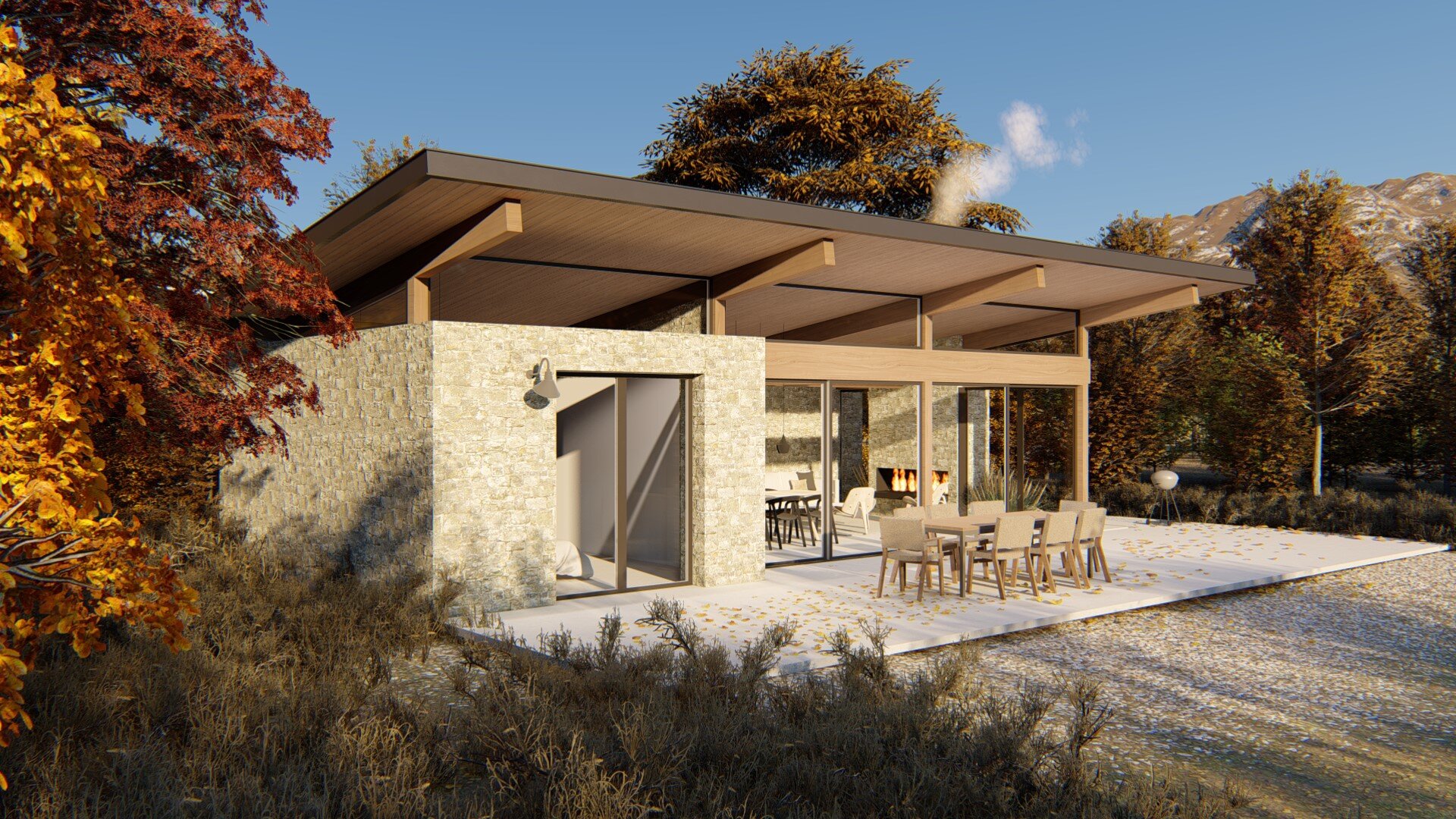With the housing market in California in such chaos, a growing number of homeowners are considering putting auxiliary dwelling units, or ADUS, on their own property. For a mourning parent or dependant loved one, a secondary dwelling unit, for example, can give both a place to live and an extra source of income. But what if your HOA discovers it? Can they compel you to stop construction? Is there a system of rules or legislation governing the placement of structures on your property? As you read, your anxieties will be alleviated, and you will better understand what you can and cannot do with your home.
Understanding HOAs in California
To put it bluntly, there is no easy yes or no response to this question. While HOAs have the authority to restrict the kind of structures that can be developed in their communities, they still have to abide by the laws of the states and towns in which they are located. California has rules in place to protect landowners’ rights to build ADUs.
The 2016 Assembly Bill 2215 prevents homeowners’ associations from putting unjustifiable limits on property owners’ rights to build ADUs on their land. The Accessory Dwelling Unit Act, also known as Senate Bill 13, was approved in 2017 and simplified the licensing process for ADUs constructed on private property. Finally, under Assembly Bill 2406, which was passed in 2018, HOAs must allow the development of ADUs that are up to 1200 square feet.
ADUs & Their Rise in Popularity
ADUs are small houses that share many of the same amenities as the main house. Increased demand for such units may be attributed to the state of California, where rising property values and a lack of suitable land have created a need for more inexpensive housing choices. Long-term ADU leasing allows homeowners to generate money that may be used to pay off debt.
ADUs seldom require new construction or significant alterations since they are often located at the back of houses or on smaller lots with no buildings. As a result, in costly real estate markets, they may be a prudent and cost-effective solution for homeowners. In today’s challenging real estate market, an ADU might be the ideal solution to your issues. However, before you begin, you must first comprehend how things work.
The Building Techniques Employed
Building an ADU is often a lengthy and laborious project. As a first step, look into local laws and zoning regulations, as well as the services offered by the builder you’ve picked. Hiring a professional ADU construction company, such as Acton ADU, allows you to communicate directly with the crew, ensuring that your ADU is built to your requirements. You can rely on their designers to help you create a one-of-a-kind structure that compliments your current house.
Their abilities and talents will assure your new ADU’s long-term viability. Acton ADU can help you achieve your goal of a beautiful and functional ADU, whether you like a basic and minimalist design or a thrilling addition to your home and living area. Visit their website to learn more about their activities.
How Do HOAs Control ADU Construction?
In California, homeowners’ organizations may be strictly restricted when it comes to the construction of new housing units. Minimum and maximum lot sizes are also possible, as are limits on specific construction materials. Some homeowners’ associations even have rules on how loud gatherings may be and if dogs are allowed.
Homeowners, on the other hand, have several alternatives for circumventing these restrictions. For example, the homeowner might contact the HOA and request authorization to build the desired ADU. They may also hire an HOA attorney to fight the property restrictions. California homeowners who are alert and adhere to the proper processes while dealing with their HOA may be able to prevent or decrease complications when constructing an ADU.
Discovering Whether You Can Build Your ADU
The first step in determining whether to build an ADU on your home is to obtain permission from your local housing department. Before you begin building:
- Check to discover whether your selected neighborhood’s HOA laws allow for the development of an ADU.
- To learn more about the limitations that apply to you, visit the HOA’s website or speak with a representative.
- Consult a real estate broker with ADU experience; they may be able to give information on local zoning restrictions as well as suggest reliable builders that concentrate on the construction of secondary structures such as ADUs.
You have the freedom and resources to develop a house that meets your needs while also complimenting the natural surroundings of your site while studying and planning an ADU. As a consequence, if you’re serious about evaluating if an ADU is a suitable fit for you, you should get started right away.
How to Obtain HOA Approval for an ADU
Collaborating closely with your local HOA while planning the building of an ADU in Dublin, CA, is vital. Here are some pointers to assist you in doing this work as rapidly and effectively as possible:
- Be as clear and honest as possible in your talks with the HOA. The more specific and transparent you are about your objectives, the easier it will be for people to follow you. As a consequence, they are more inclined to grant you permission and acceptance.
- Investigate all zoning and planning regulations thoroughly. Be aware of the restraints imposed by your HOA before you begin since they may have certain criteria or limits that must be satisfied in order for your project to be authorized. To verify that your ADU conforms with local construction rules, you should also seek the assistance of a professional architect or contractor.
- You would benefit from choosing a fair starting point for your goals. When obtaining HOA authorization, it is critical to be completely committed to a particular design or idea since this may restrict your ability to work closely and effectively with them during the application stage.
If you have an open mind, you will have a far better chance of reaching an agreement with your association and developing a stable relationship with them.
Final Thoughts
Even if your HOA isn’t thrilled with the concept, they can typically only prevent you from constructing an ADU if you follow all of the rules. In California, many laws are in place to protect landowners’ rights to create ADUs. Your HOA is going to reject your suggestions if you violate the law. Contact Acton ADU to learn how they may assist you in developing a strategy for your HOA to consider. They are guaranteed to assist you due to their extensive understanding of zoning restrictions in over 40 California communities.










